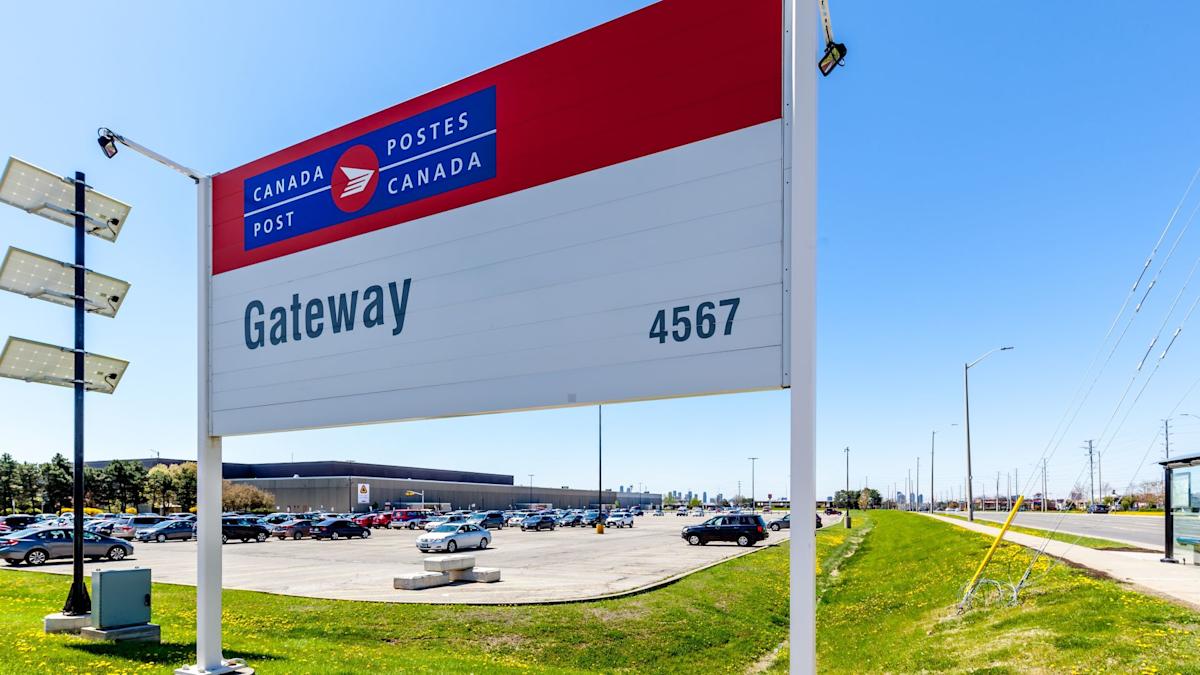Canada Post reports record loss of $385M as parcel revenues plunge
Canada Post on Friday blamed ongoing strike activity by mail carriers for driving parcel shippers to competitors and sharply reducing revenue intake, resulting in the largest quarterly loss in the company’s history, and said it will need another government bailout to fund operations through next year.
The cash-strapped postal operator reported a pre-tax loss of US$384.5 million during the third quarter, which was exacerbated by a 40% drop in parcel revenue as e-commerce retailers switched to alternative providers because of uncertainty over service interruptions. The third-quarter loss increased 72% from $225 million last year.
Parcel volumes declined by 27 million pieces, or 42.5%, during the quarter and by 35%, or 70 million pieces, from January through September.
Canada Post has been in the red for seven consecutive years and is on track for a record loss in 2025. Through the first nine months of the year it has lost $703 million, more than double last year’s loss.
Management and its largest union, the Canadian Union of Postal Workers, have been locked in hostile labor negotiations for nearly two years. Mail carriers walked off the job for a month a year ago, refused to work overtime between May and September, and then changed tactics to not carrying direct marketing mail. They went on strike again in late-September after the government directed Canada Post to implement operational reforms, such as ending most door-to-door delivery, that could result in layoffs. The postal workers ended their national strike after two weeks, but are now striking localities on a rotating basis.
Canada Post CEO Douglas Ettinger said at the organization’s annual meeting earlier this week that 30,000 workers are expected to depart over the next decade through voluntary retirement or attrition. The corporation currently employs 62,000 people.
Overall revenue in the third quarter fell 18%, as higher stamp prices and increased mail volumes from election ballots partially offset parcel declines. Bulk mail revenue fell 18.5% on a 30% drop in volumes because of the CUPW delivery ban and mailers withholding time-sensitive mailings to avoid them getting trapped in the postal network in the event of a labor disruption. Operating costs decreased 3.3% in large measure because the parcel slowdown reduced the need for transportation.
Canada Post began receive cash injections in the third quarter from a Canadian government loan in January to help cover operating expenses through the fiscal year ending March 31. The postal operator said it expects to burn through the cash by the end of the year and needs access to short-term financing facilities to maintain solvency and support operations through 2026.



Leave a Comment
Your email address will not be published. Required fields are marked *